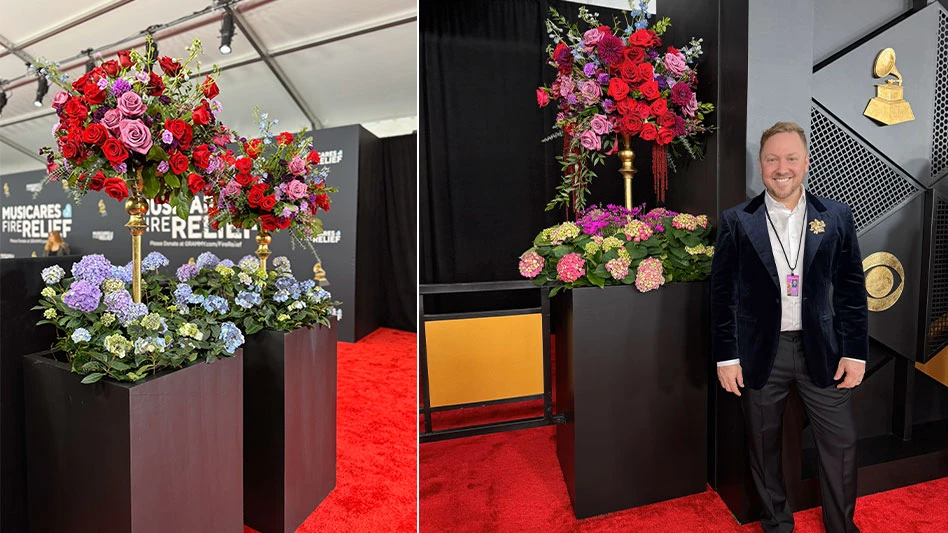
Americans eat 33 pounds of bananas per person each year and consume 31% of the world’s bananas. Bananas are also seeing increased use as ornamental plants. About 99% of the bananas consumed by Americans are imported, reports Univ. of Ga. College of Agricultural and Environmental Sciences economist Greg Fonsah.
Fonsah, who is head of the university’s banana project, is studying varieties that have the potential to be grown in the Southeast for commercial fruit production. One variety, Veinte Cohl, which was discovered in Florida, looks promising.
Veinte Cohl, is a short cycle banana that can be planted in April and produces fruit ready to harvest in October. Unlike other varieties that need 3 months to mature on the tree before harvest, Veinte Cohl bananas need just 4-6 weeks. Compared to the Cavendish variety that most Americans consume, Veinte Cohl bananas are smaller and have a tangier taste with a slight citrus flavor.
Fonsah said Veinte Cohl is the right size for small growers since it can be produced for fun, part time, and for agri-tourism to supplement income. The bananas appeal to an ethnic market and sell for as much as $1.99 per pound.
Pictured: Univ. of Ga. College of Agricultural and Environmental Sciences economist Greg Fonsah said the banana variety Veinte Cohl has the potential to be used for fruit production and ornamental applications in the U.S.
Photo by Greg Fonsah
Latest from Greenhouse Management
- Hydrofarm joins GLASE as premium industry member
- Proven Winners ColorChoice unveiling 2025 new varieties in live stream event
- Ohio Green Industry Association announces 2025 board of directors
- Arborjet acquires remaining shares of Ecologel Solutions
- Envu announces appointment of Chen Lichtenstein as chair of board of directors
- PanAmerican Seed announces Beacon Impatiens charities for 2025 season
- Nominations open for HILA Class of 2025
- Shipping: The final step in getting plants to market






